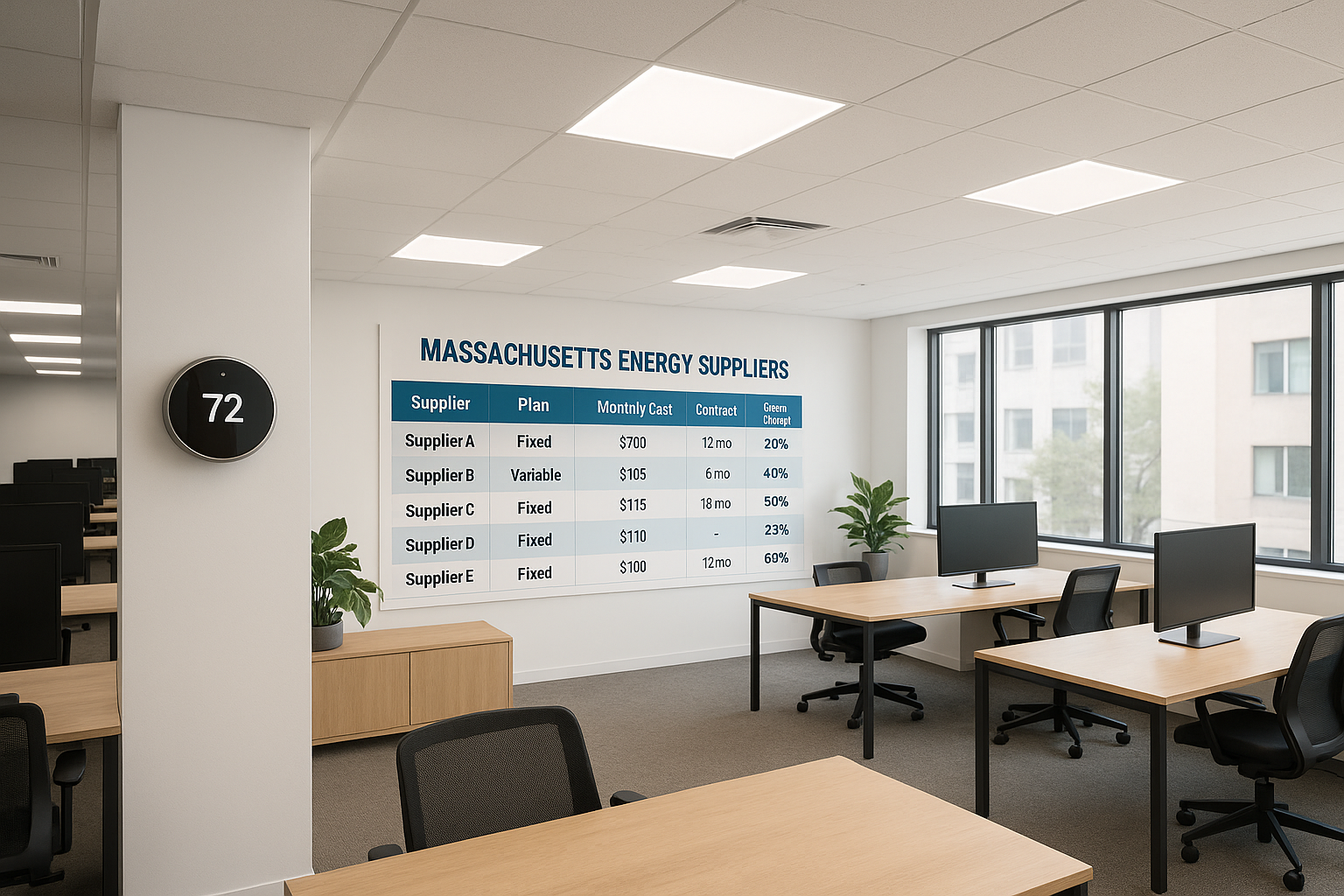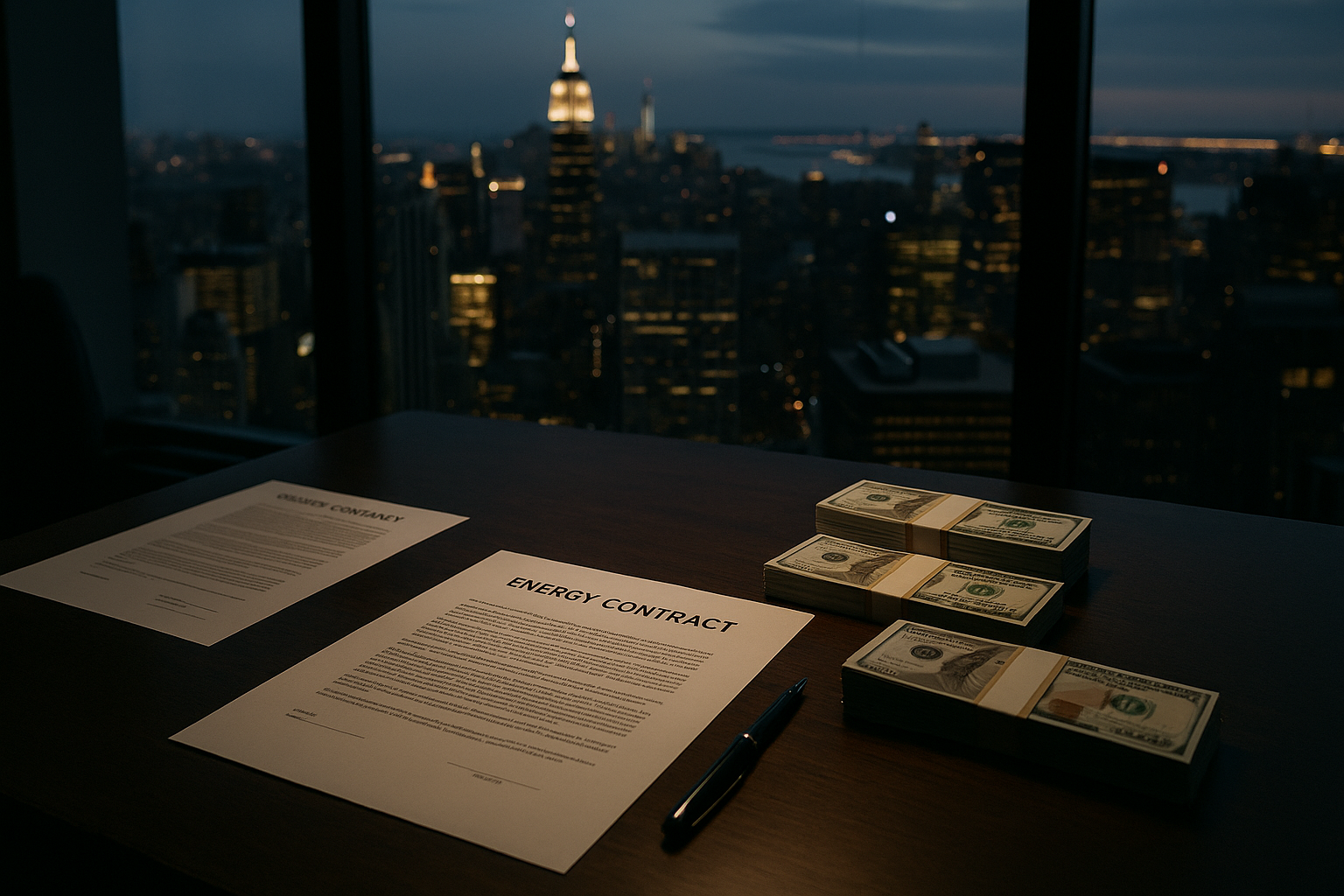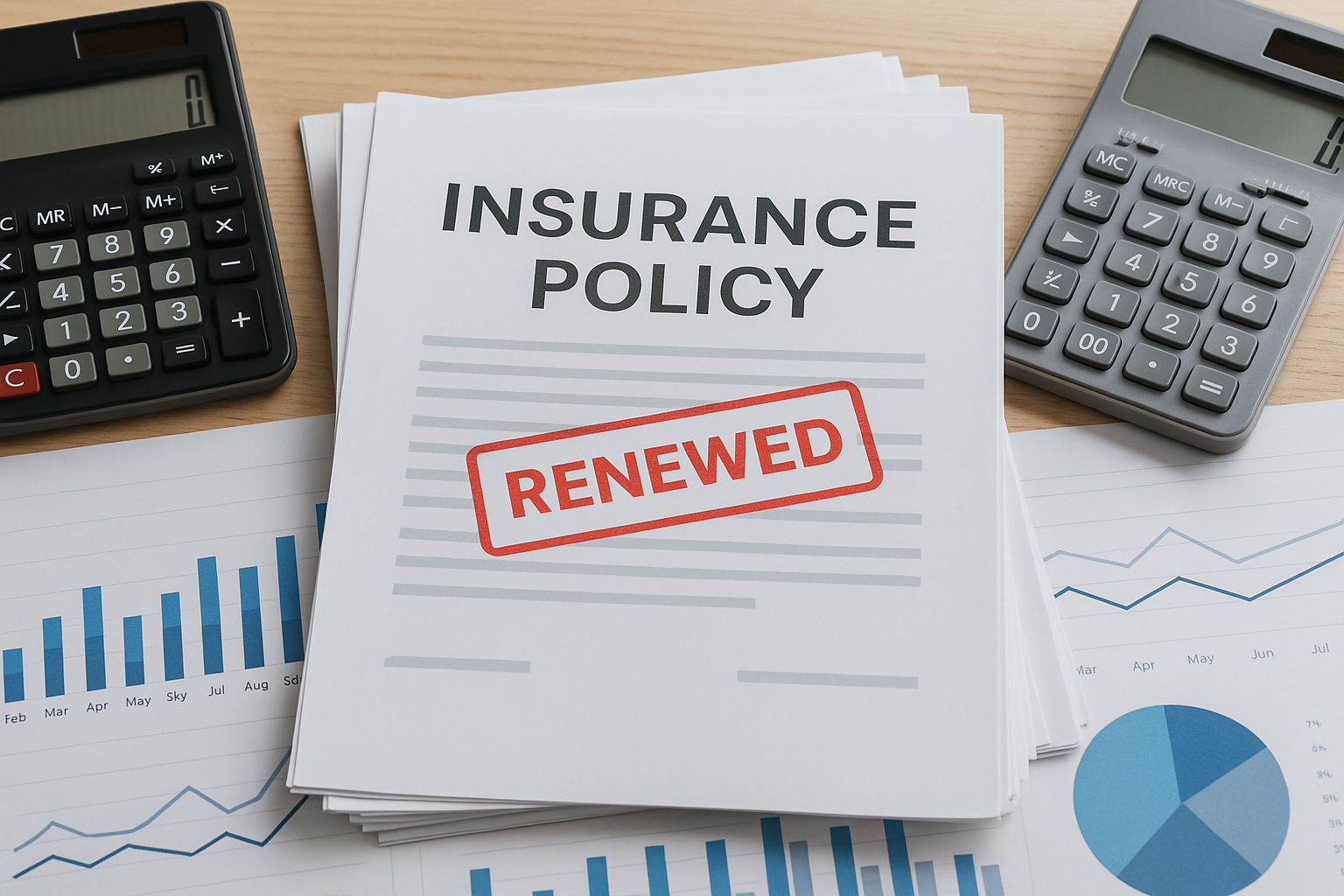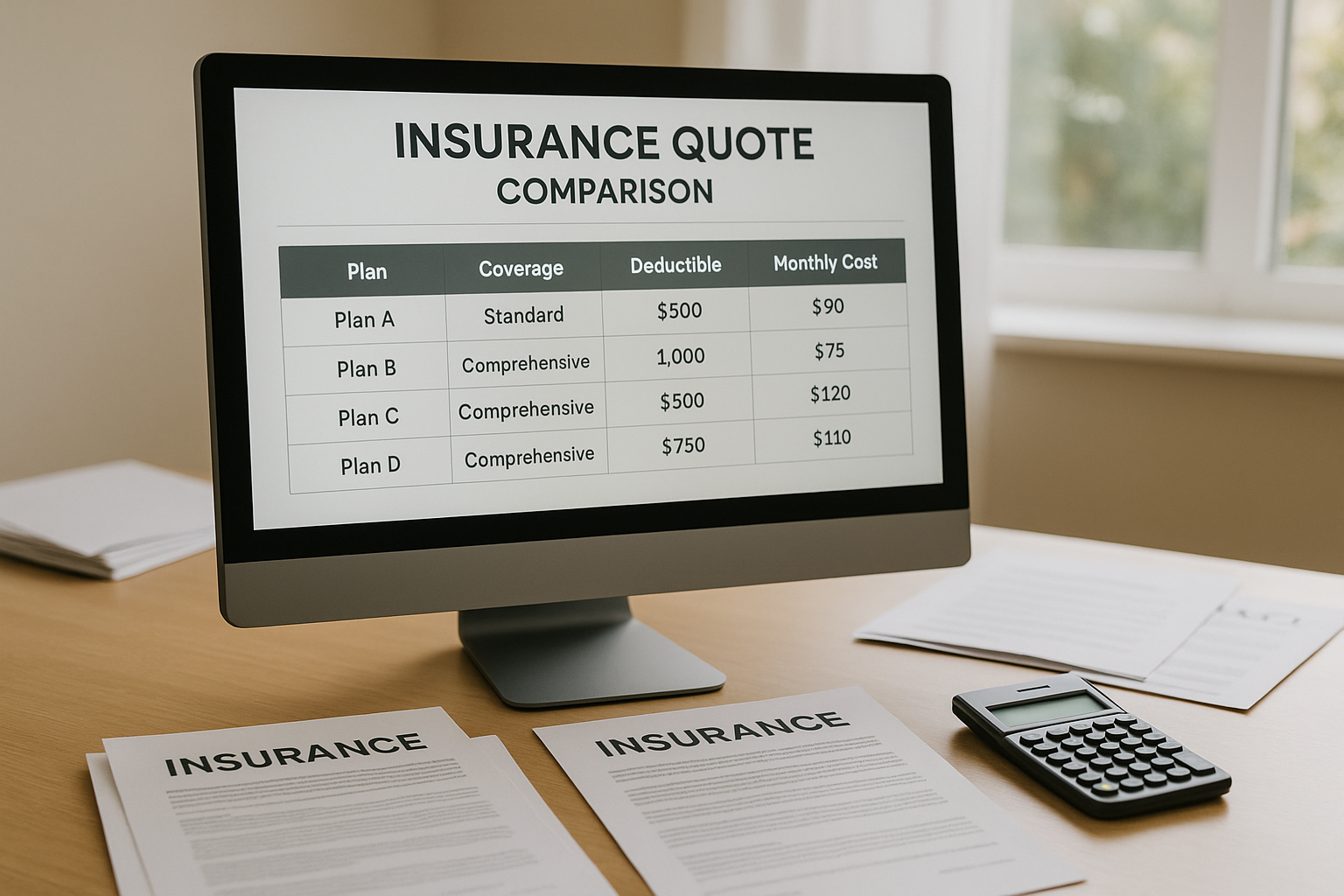Liability insurance covers everything you can't afford alone
When unexpected mishaps occur, liability insurance is your financial safety net, and by exploring your options, you can secure peace of mind and protect your assets.
Understanding Liability Insurance
Liability insurance is a type of coverage designed to protect you from the financial burden of being held responsible for damages or injuries to another party. Whether you're a business owner, a homeowner, or simply someone looking to protect yourself against unforeseen events, liability insurance can be a crucial part of your financial planning. This type of insurance covers legal costs and payouts for which you would otherwise be liable, making it an essential safeguard against potential financial ruin.
Types of Liability Insurance
There are several types of liability insurance, each catering to different needs:
- General Liability Insurance: Often used by businesses, this insurance covers claims related to bodily injury, property damage, and advertising injuries.
- Professional Liability Insurance: Also known as errors and omissions insurance, this is crucial for professionals like doctors, lawyers, and consultants to protect against claims of negligence or inadequate work.
- Product Liability Insurance: This protects manufacturers, distributors, and retailers from claims related to product defects that cause injury or harm.
- Personal Liability Insurance: Typically included in homeowners or renters insurance, this covers individuals against claims of bodily injury or property damage to others.
The Financial Benefits of Liability Insurance
The primary benefit of liability insurance is financial protection. Without it, you could be responsible for paying out-of-pocket for legal fees, medical bills, or damages, which can be financially devastating. For example, the average cost of a slip and fall accident can range from $30,000 to $40,0001. Liability insurance helps mitigate these costs, ensuring that you can handle the financial impact without depleting your savings or assets.
Real-World Examples
Consider a small business owner who faces a lawsuit after a customer slips and falls in their store. Without liability insurance, the business owner might have to pay significant legal fees and damages, potentially leading to bankruptcy. However, with general liability insurance, these costs are covered, allowing the business to continue operating without financial strain.
Similarly, a professional consultant might face a claim from a client alleging that their advice led to financial losses. Professional liability insurance would cover the legal defense and any settlements, preserving the consultant's reputation and financial stability.
Cost Considerations
The cost of liability insurance varies based on factors such as coverage limits, industry risk, and the size of the business or personal assets. On average, small businesses can expect to pay between $400 and $1,500 annually for general liability insurance2. Personal liability insurance, often bundled with homeowners insurance, typically costs an additional $100 to $300 per year3.
Exploring Your Options
To ensure you're adequately protected, it's important to explore different liability insurance options. Many insurance providers offer customizable plans to fit your specific needs and budget. By visiting websites and browsing options, you can compare coverage levels, premiums, and policy terms to find the best fit for your situation.
Liability insurance is an invaluable tool for safeguarding your financial future. By understanding the types of coverage available and their associated costs, you can make informed decisions to protect yourself, your family, or your business from unforeseen liabilities. Take the time to explore the resources and options available, ensuring you have the right coverage in place for peace of mind.








